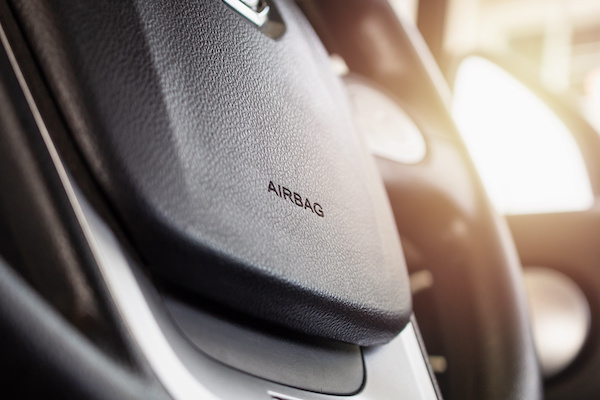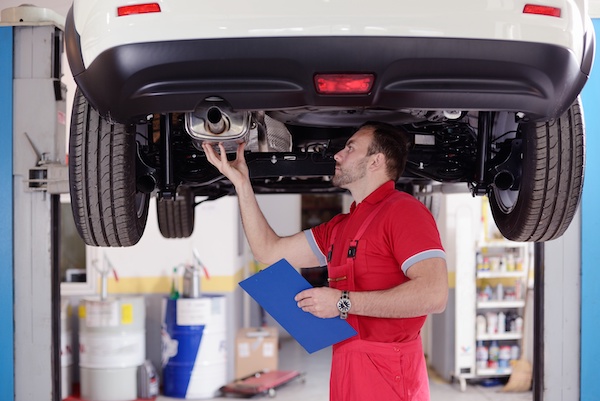Posted on 2/18/2022

Technology has played an enormous role in advancing our vehicle's safety components, especially airbags. If and when you get in a crash, you can have confidence that you will be protected by these puffy devices. Airbags are becoming safer and smarting, saving thousands of lives every year. Today, we will be going over how airbags work and what they do to protect you. When driving in your vehicle, you and your passenger's bodies have the same momentum as the car. Therefore, when your car abruptly stops (or hits something), your body's momentum keeps going. You will keep moving forward at the same speed unless you have resistance from your seat belt and airbags. Airbags have sensors that detect when your car hits something, and they will inflate to protect your body from flying out of your vehicle. The combination of seat belts and airbags is undeniably powerful in keeping you safe, which is why they are required to be made and checked in every car. Wh ... read more
Posted on 1/31/2022

Buying a car is fun, exciting, and a major accomplishment for most people. It also comes with big responsibilities, like buying insurance, keeping up with tags and registrations, paying for gas, and (most importantly) getting proper car maintenance. Typically, when you buy a car, the dealer will remind you of your regular service intervals, alongside the factory-recommended items. Every manufacturer has a list of specific tasks that should be done at x amount of miles. Typically, oil changes are recommended every 5,000 miles, give or take, along with having the oil filter replaced. Some factory-recommended service intervals involve minor services, while some require major services. Usually, when a car hits 30K, 60K, or 90K, more services need to be done beyond a straightforward oil change. You might wonder, why do they have the recommendations in place? There are three good reasons why you should keep up with this maintenance: They can improve your gas mileage - This ... read more